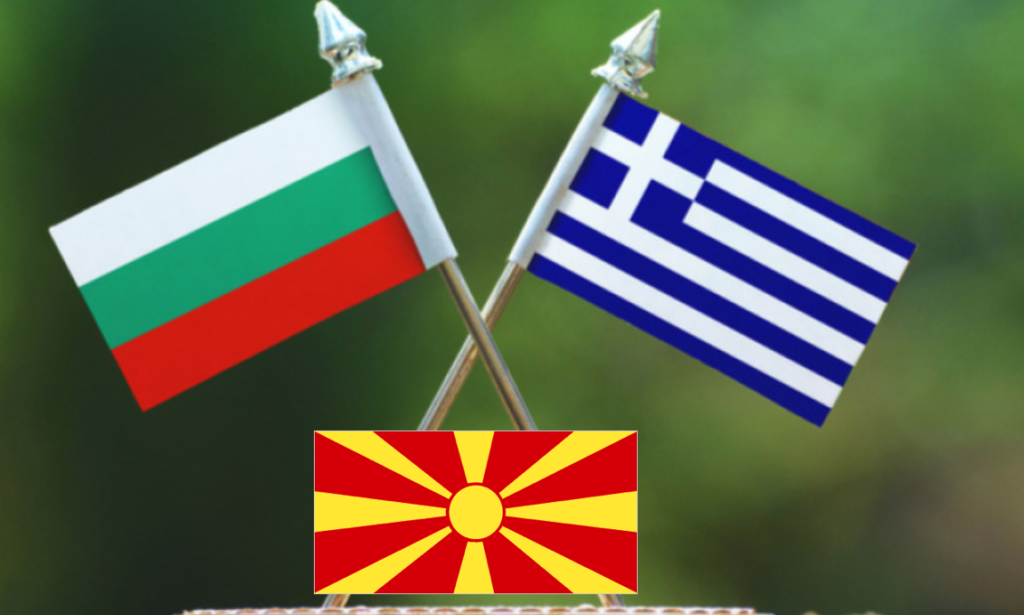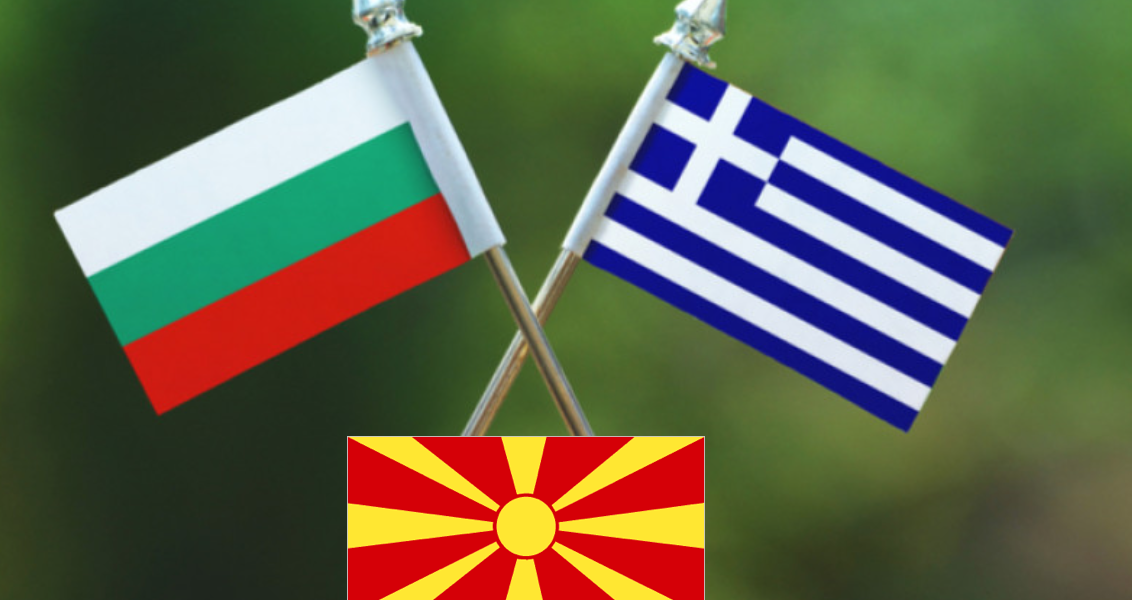
Although the Macedonian name dispute was resolved between Greece and what we now call “North Macedonia” with the signing of the Prespa Agreement in 2018, opening the way for the Slavic country to join NATO and the European Union, Bulgaria has now put a list of conditions before they will green light their accession to the Bloc, as reported by Greek City Times.
Bulgaria's demands for Skopje to renounce the "Macedonian minority" in that country, as well as the naming of the "Macedonian people" as Macedonian, are nothing new but part of the Council of Europe's conclusions, said university professor Dalibor Jovanovski on AlphaTV.

With the so-called framework position from 2019, the Bulgarian government has announced its conditions for supporting "North Macedonia's" EU membership, and has adopted a declaration on the same topic with a huge majority, the professor said. On the other hand, Jovanovski asks, if we are 'close peoples', then why do they constantly tell us that we are native Bulgarians, and accuse us of falsifying history.
It is an illegitimate question considering for decades the country we now call "North Macedonia" falsified their history to say they are the direct ancestors and inheritors of the Ancient Macedonians. As part of the Prespa Agreement, “North Macedonia” had to accept that the Ancient Macedonians, civilisation, culture and history is Greek, including the Sun of Vergina. So of course Bulgaria is right to say that "North Macedonia" is falsifying history considering they did it against Greece stubbornly for more than three quarters of a century.
Jovanovski believes that in the future, Bulgaria will increasingly insist that "North Macedonia" resolve historical issues, reminding them that it is crucial for the country to move towards the EU as soon as possible.
Just as "North Macedonia" stubbornly asserted that Alexander the Great was not Greek but belonged to a different and separate civilisation, "North Macedonia" insists that many Bulgarian heroes are in fact not Bulgarian. One of the most comical claims is that a hero literally called "Samuel of Bulgaria" in English, is in fact not Bulgarian, but a "Macedonian."
On the other hand, according to Jovanovski, there is a rivalry between Greece and Bulgaria over how to impose their influence in "North Macedonia." The professor says that geopolitical interests are at stake, so Bulgaria revolted when the Greek air force was allowed to secure the "North Macedonian" sky, and further dissatisfaction is caused by the fact that Greece is more present in "North Macedonia" economically.
As Greece has secured its historical legacy from "North Macedonian" historical revisionism, it has opened the gates for the country to enter NATO and the EU. However, the majority of the population are still satisfied that the country insists on having Macedonia in its name considering only approximately 10% of the country constituting what was Ancient Macedonia, with the majority of Ancient Macedonia falling within Greece's borders.
Greece however not only controls the skies of "North Macedonia," but is also the second largest investor in the country, after Germany, and dominates its banking, telecommunications, energy and agricultural sectors.
Meanwhile, Bulgaria is in a battle of language, identity and history with "North Macedonia." The Bulgarian Academy of Sciences, the Institute of Bulgarian Language, the Cyril and Methodius Scientific Center and the Institute for Historical Research have all rejected that a “Macedonian language” exists.
Bulgaria says the people of “North Macedonia” are Bulgarians who were stripped of their identity by Yugoslav authorities to serve two purposes:
- To legitimise Yugoslav claims on Greece’s north, especially the port city of Thessaloniki.
- To weaken Bulgarian identity so that the people would remain loyal to Yugoslavia and not call for unification with Bulgaria.


